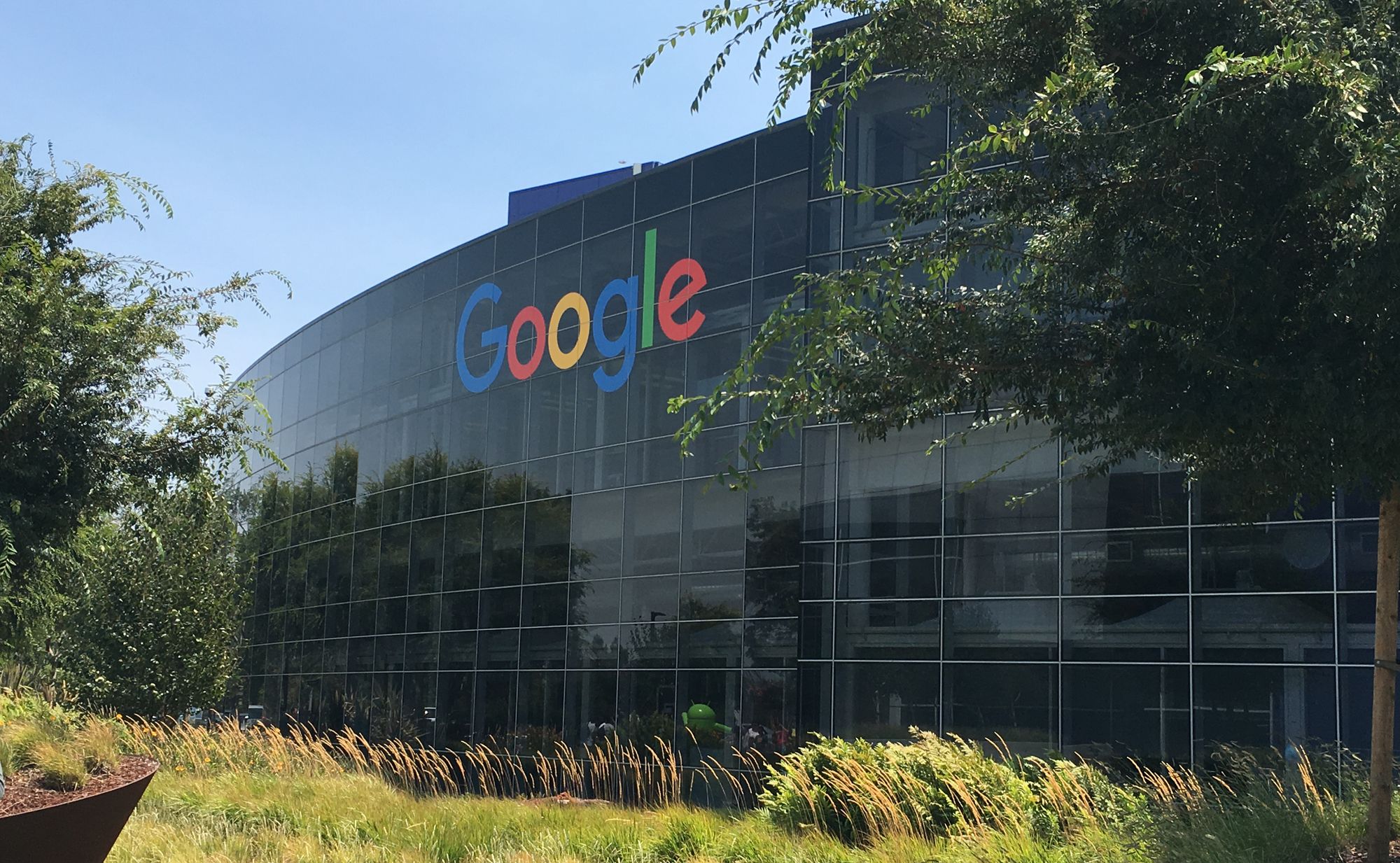Quantum Supremacy. It kind of sounds like the title of the ruler of the universe. In reality, it could be part of Google's plan to take over the universe.
Google recently released a paper showing that its quantum processor, called Sycamore, solved a computing problem in 200 seconds that would have taken the world's best supercomputer 10,000 years to solve.
And Google says this is just the beginning of what quantum computers will be able to do.
What is quantum computing?
Quantum computing is a theory of how to build computers.
Quantum computers perform operations on data using ideas from quantum mechanics, such as superposition and entanglement.
In quantum computation, quantum properties are used to perform operations on data and represent it. This allows quantum computers to process massive and complex datasets more quickly than classical computers like the one you're reading this article with.
Bits VS Qubits
Classical computers store information in binary. It's always possible to know the exact state of a piece of data, or "bit."
Each bit can be either on or off.
Quantum computing, however, uses qubits instead of bits. Qubits can be either on or off. Or they can be on and off at the same time.
Quantum computation uses probabilities. You don't always know the exact state of the data. This uncertainty is what makes quantum computing so powerful.
Since quantum computers use the fundamentals of quantum mechanics, they can solve complex computations very quickly. While quantum computers are already used for some purposes such as cybersecurity, they have not been able to do much so far.
A lot of the ideas behind quantum computing are theoretical and it has been challenging to implement them on a large scale. However, this is starting to change.
So what did Google actually accomplish?
First of all, this is not necessarily the first sign that robots are about to enslave humanity. The computing problem solved with quantum computing was not actually that useful but it was something that a standard computer could not do in a reasonable period of time.
This is the definition of "quantum supremacy": getting a quantum computer to do something that a standard classical computer cannot reasonably do.
This was basically the quantum computer equivalent to a "Hello World" program to test the capabilities. The Google researchers used their quantum computer to run a random circuit program a million times and record the outputs.
The problem that Google solved with quantum computing was specifically designed to be very difficult for a classical computer to solve. The problem was to determine the likelihood of different possible outcomes from a quantum version of a random-number generator.
Google controlled for errors in their system enough so the outputs were close to the theoretical results. This has been a hard problem to solve with quantum computers and made Google's achievement even more unique.

IBM on Google's Quantum Supremacy: "Really, though?"
Google competitor IBM wasn't so sure about Google's claims. According to IBM, Google overestimated the difficulty of the task.
While Google said the problem they solved would take 10,000 years on a classical supercomputer, IBM said it could be solved in 2.5 days. That's a pretty big difference.
In a blog post, IBM "urge[d] the community to treat claims that, for the first time, a quantum computer did something that a classical computer cannot with a large dose of skepticism."
Google representatives shot back at IBM with a challenge to prove their claim that the same problem their quantum computer had solved in 200 seconds could indeed be solved by a classical computer in 2.5 days.
What's Next?
This is still only the beginning. As Google said in a blog post, "Achieving the necessary computational capabilities will still require years of hard engineering and scientific work. But we see a path clearly now, and we're eager to move ahead."
It's still difficult to correct for errors in quantum computing. Google's quantum team recently estimated that we still have at least 10 years before there is an error-corrected quantum computer.
In a recent interview, Google CEO Sundar Pichai compared their quantum computing breakthrough to the Wright brothers’ first flight. “To borrow an analogy — the Wright brothers. The first plane flew only for 12 seconds, and so there is no practical application of that. But it showed the possibility that a plane could fly.”
